The Institute for AI Transformation specializes in advancing artificial intelligence applications and fostering innovation. It provides resources and training for AI integration.
Artificial intelligence (AI) is revolutionizing various industries by enhancing efficiency and driving innovation. The Institute for AI Transformation plays a crucial role in this evolution by offering cutting-edge resources, training, and support. Businesses and professionals can leverage these opportunities to stay ahead in the AI-driven landscape.
The institute focuses on real-world applications, ensuring that learners gain practical knowledge. By fostering a community of AI enthusiasts and experts, it creates a collaborative environment for growth. Whether you are new to AI or looking to deepen your expertise, the institute offers valuable insights and tools. Embrace the future with the Institute for AI Transformation.

Credit: www.usaii.org
Introduction To AI Transformation
AI Transformation is reshaping businesses. The Institute for AI Transformation leads this change. Let’s explore what AI Transformation means and its impact on modern business.
Defining Ai Transformation
AI Transformation involves using Artificial Intelligence to improve processes. It changes how businesses operate, making them more efficient. AI helps in decision-making, automating tasks, and enhancing customer experiences.
- Automation: AI automates repetitive tasks.
- Data Analysis: AI analyzes large data sets quickly.
- Personalization: AI personalizes customer interactions.
Importance In Modern Business
AI Transformation is vital in today’s business world. It offers numerous benefits that can lead to success.
| Benefit | Description |
|---|---|
| Cost Reduction | AI reduces labor costs by automating tasks. |
| Improved Accuracy | AI minimizes human errors in processes. |
| Better Decision Making | AI provides data-driven insights for decisions. |
Businesses using AI stay competitive. They adapt to changes faster and meet customer needs better.

Credit: www.linkedin.com
Key Technologies Driving AI
The Institute for AI Transformation focuses on key technologies driving AI. These technologies are reshaping industries and revolutionizing everyday life. Understanding these technologies is essential for anyone interested in AI.
Machine Learning
Machine Learning (ML) is a core technology driving AI. It allows systems to learn from data and improve over time. ML uses algorithms to identify patterns and make decisions.
There are various types of machine learning:
- Supervised Learning: The system is trained on labeled data.
- Unsupervised Learning: The system finds patterns in unlabeled data.
- Reinforcement Learning: The system learns by receiving rewards or penalties.
ML is used in many applications. Examples include:
- Recommendation systems
- Image recognition
- Fraud detection
Natural Language Processing
Natural Language Processing (NLP) enables computers to understand human language. It is a crucial part of AI technology. NLP helps in analyzing and generating human language.
Key applications of NLP include:
- Text analysis: Understanding the meaning of text.
- Sentiment analysis: Determining the sentiment behind a text.
- Chatbots: Automated systems that interact with humans.
NLP combines computational linguistics and machine learning. This allows machines to process and understand language effectively.
Here’s a quick comparison of ML and NLP:
| Technology | Focus | Applications |
|---|---|---|
| Machine Learning | Learning from data | Recommendation systems, Image recognition, Fraud detection |
| Natural Language Processing | Understanding human language | Text analysis, Sentiment analysis, Chatbots |
Business Areas Benefiting From AI
The Institute for AI Transformation is driving change in many business areas. AI technology enhances efficiency and productivity across various sectors. Let’s explore some key business areas benefiting from AI.
Customer Service
AI improves customer service by automating responses. Chatbots handle common queries efficiently. This reduces wait times for customers.
AI can also analyze customer feedback. It helps businesses understand customer needs better. Predictive analytics can identify potential issues early.
Here’s a table summarizing AI benefits in customer service:
| AI Application | Benefit |
|---|---|
| Chatbots | Reduced wait times |
| Feedback Analysis | Better customer insights |
| Predictive Analytics | Proactive issue resolution |
Operations Management
AI optimizes operations management through data analysis. It helps in forecasting demand. Businesses can plan resources more effectively.
AI also enhances supply chain management. It predicts disruptions and suggests alternatives. This ensures a smooth flow of goods and services.
Moreover, AI improves inventory management. It analyzes sales trends and optimizes stock levels. This reduces waste and increases profitability.
Key benefits of AI in operations management include:
- Accurate demand forecasting
- Optimized supply chain
- Efficient inventory management
Implementing AI in Your Business
Implementing AI in your business can transform operations and boost efficiency. The Institute for AI Transformation provides invaluable resources to guide you. This section covers the initial steps and how to overcome challenges.
Initial Steps
Begin with a clear AI strategy. Identify the areas where AI can add the most value. You might start with customer service or data analysis.
Create an AI roadmap. Outline the phases of AI implementation. Include short-term and long-term goals. Ensure each goal is measurable.
Invest in training your team. Equip your employees with AI knowledge. Provide workshops, courses, and seminars. A well-trained team is crucial for success.
| Step | Action |
|---|---|
| 1 | Develop an AI strategy |
| 2 | Create an AI roadmap |
| 3 | Train your team |
Overcoming Challenges
Implementing AI can face several challenges. Addressing these early can ensure success.
One major challenge is data quality. AI systems rely on high-quality data. Ensure your data is accurate and relevant.
Integration with existing systems is another challenge. AI should seamlessly work with your current tools. Consult with IT experts to streamline this process.
Finally, resistance to change can be an obstacle. Communicate the benefits of AI. Show how it can make daily tasks easier and more efficient.
- Ensure high-quality data
- Integrate AI with existing systems
- Communicate AI benefits clearly
Case Studies Of AI Success
The Institute for AI Transformation has been a beacon of innovation. It has helped numerous sectors achieve remarkable milestones. Here, we share two compelling case studies showcasing AI success in the Retail Industry and the Healthcare Sector.
Retail Industry
The retail industry has seen significant transformation thanks to AI. This technology has improved customer experience and operational efficiency. Let’s look at a notable example:
- Inventory Management: AI-driven systems predict stock needs.
- Personalized Recommendations: Machine learning tailors product suggestions.
- Sales Forecasting: Algorithms predict future sales trends.
One major retailer used AI to boost sales by 20%. They analyzed customer data to predict buying patterns. The result was a more personalized shopping experience.
Healthcare Sector
The healthcare sector has also benefited immensely from AI. It has made treatments more accurate and accessible. Let’s explore a key case study:
- Patient Diagnosis: AI systems diagnose diseases faster.
- Treatment Plans: Machine learning creates personalized treatment plans.
- Medical Imaging: AI improves the accuracy of imaging results.
At a leading hospital, AI reduced diagnosis time by 50%. Doctors now use AI to identify diseases early. This has improved patient outcomes significantly.
AI Ethics And Responsibility
AI Ethics and Responsibility are crucial in today’s tech-driven world. They ensure AI systems are fair, safe, and respectful of user privacy. These principles help build trust in AI technologies, making them more acceptable to the public. Let’s dive into some key aspects of AI Ethics and Responsibility.
Bias In AI
Bias in AI is a significant concern. AI systems can sometimes reflect the biases present in their training data. This can lead to unfair outcomes for certain groups. For example, a hiring algorithm might favor certain demographics over others. It’s essential to recognize and address these biases to ensure fairness and equality.
There are several ways to combat bias in AI:
- Use diverse training data.
- Regularly audit AI systems for bias.
- Implement fairness-aware algorithms.
By taking these steps, we can create more equitable AI systems that serve all users fairly.
Data Privacy
Data Privacy is another critical aspect of AI Ethics. AI systems often rely on large amounts of personal data. Protecting this data is crucial to maintaining user trust. Users should feel confident that their data is safe and used responsibly.
Here are some best practices for ensuring data privacy:
- Use data anonymization techniques.
- Implement strong encryption methods.
- Provide clear data usage policies.
These practices help safeguard user data and uphold privacy standards. Ensuring data privacy is not just a legal requirement but also a moral responsibility.
In the table below, we summarize the key principles of AI Ethics:
| Principle | Description |
|---|---|
| Fairness | Ensuring AI systems are unbiased and equitable. |
| Transparency | Being open about how AI systems work. |
| Accountability | Holding developers responsible for AI outcomes. |
| Privacy | Protecting user data and ensuring confidentiality. |
By adhering to these principles, the Institute for AI Transformation aims to create AI systems that are ethical, responsible, and trustworthy.
Future Trends In AI
The Institute for AI Transformation is at the forefront of AI research. The future of AI promises exciting advancements. Two critical areas are AI and Automation, and AI in Decision Making.
AI And Automation
Automation is transforming industries globally. AI-powered automation increases efficiency and accuracy. Machines can now perform complex tasks.
AI allows for real-time data processing. This leads to faster decision-making. Automated systems reduce human error. They also lower operational costs.
Key industries benefiting from AI automation:
- Manufacturing
- Healthcare
- Finance
- Retail
AI In Decision Making
AI aids in making smarter decisions. It analyzes vast amounts of data quickly. This helps in identifying patterns and trends.
AI-driven decisions are data-backed. This reduces the risk of human bias. It ensures more accurate outcomes.
Important uses of AI in decision-making:
- Financial forecasting
- Medical diagnosis
- Customer service
- Supply chain management

Credit: www.leadersinaisummit.com
Conclusion And Next Steps
The journey through the Institute for AI Transformation has been enlightening. You have gained valuable insights into the world of Artificial Intelligence. Now, it’s time to summarize key points and guide you on your next steps.
Recap Of Key Points
Let’s revisit the main takeaways:
- Understanding AI: You have learned what AI is and its importance.
- AI Applications: We discussed various applications of AI across industries.
- AI Tools: You explored essential tools and technologies used in AI.
- AI Ethics: We emphasized the importance of ethics in AI development.
- Learning Resources: You now know where to find further AI learning materials.
Starting Your AI Journey
Ready to start your AI journey? Here are the next steps:
- Enroll in Courses: Find online courses on platforms like Coursera or edX.
- Join AI Communities: Engage with online AI forums and local meetups.
- Practice Coding: Use platforms like Kaggle to practice AI coding challenges.
- Read AI Books: Explore recommended books on AI concepts and applications.
- Work on Projects: Start small projects to apply your AI knowledge practically.
Embarking on this journey will be rewarding. Stay curious and keep learning.
Frequently Asked Questions
What Is AI Transformation?
AI transformation involves integrating artificial intelligence into various business processes. It aims to enhance efficiency and drive innovation. Companies adopt AI to automate tasks, analyze data, and improve decision-making.
Why Is AI Transformation Important?
AI transformation is crucial for staying competitive. It helps businesses automate tasks, reduce costs, and make data-driven decisions. Implementing AI can lead to innovative products and services, enhancing customer satisfaction.
How Can Businesses Start Ai Transformation?
Businesses can start AI transformation by assessing their needs and identifying areas for improvement. Collaborate with AI experts and invest in relevant technologies. Training employees on AI tools and best practices is also essential.
What Industries Benefit From AI transformation?
Many industries benefit from AI transformation, including healthcare, finance, retail, and manufacturing. AI helps these sectors improve efficiency, reduce errors, and innovate. Customized AI solutions can address specific industry challenges effectively.
Conclusion
The Institute for AI Transformation is revolutionizing industries with cutting-edge technology. Embrace the future by joining this innovative institute. Gain skills that set you apart in the AI-driven world. Transform your career and stay ahead of the curve. Don’t miss out on the opportunity to be a part of this exciting journey.






